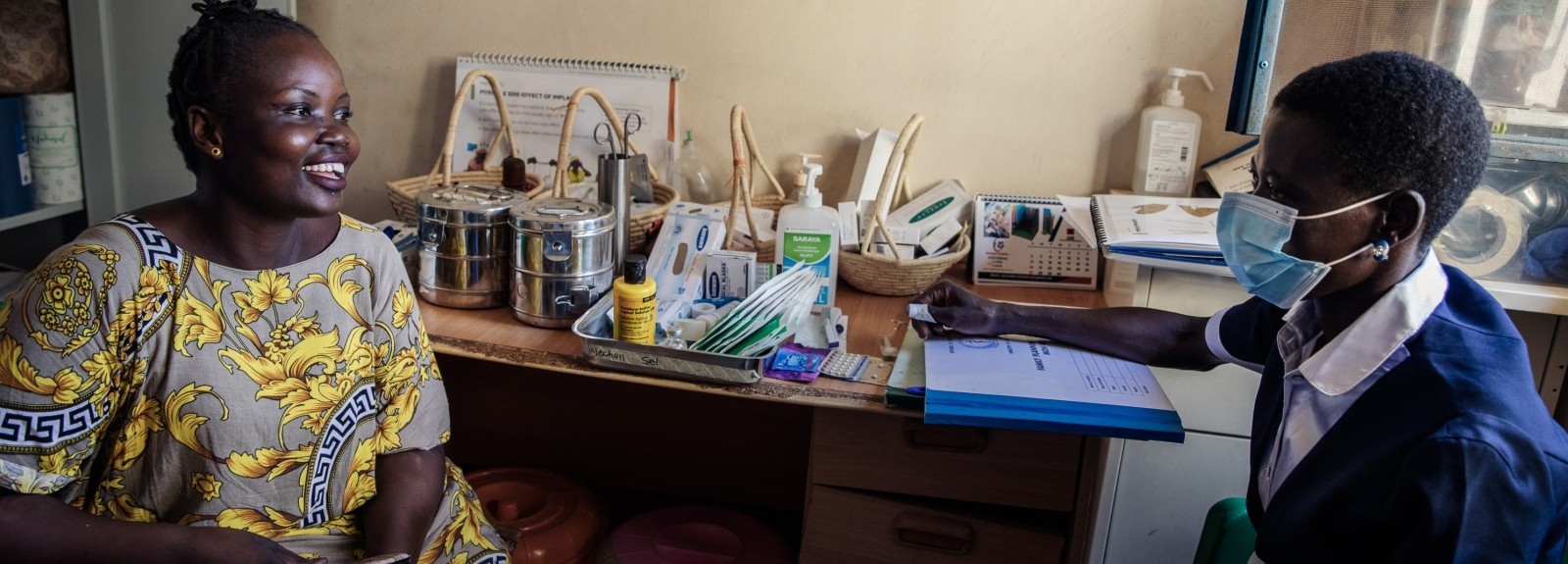Gender equality and social inclusion are the foundational drivers for self-reliance and sustainable development.
The Corus International family of organizations work in the world’s most fragile settings to deliver the holistic, lasting solutions needed to overcome the interconnected challenges of poverty, health care access and climate change. To accomplish this, we promote gender equity, positive youth development and resilience in our work. We design programming that addresses the specific needs of women, young people and marginalized persons and ensures communities can maintain development gains when difficult times arise.
Ensuring that people of all genders, races, abilities and religions have equal opportunities to engage is a fundamental aspect of programming across the Corus family of organizations that includes global public health agency IMA World Health, international aid organization Lutheran World Relief, technology for development company CGA Technologies, impact investing fund Ground Up Investing, and direct trade company Farmers Market Brands. By addressing inequality around the world, we envision a future where everyone, everywhere can live full, dignified lives.
In order to hold ourselves accountable and institutionalize these principles of inclusivity and equality, we are implementing a Gender Equality and Social Inclusion (GESI) Audit across the Corus family of organizations.
The GESI Audit is a participatory process that we are undertaking to identify recommendations for Corus organizations to integrate gender equality and social inclusion within organizational processes and programming. The GESI Audit, executed from June to September 2022, is designed to help us establish a baseline of where our organization is currently positioned in terms of technical capacity, political will, accountability and organizational culture.
This learning initiative will enable us to understand the challenges and opportunities for improving how we tackle gender inequality and exclusion at all levels.
The GESI Audit 2022 builds on previous gender audits. Corus organization Lutheran World Relief conducted a gender audit in 2010 followed by another review in 2015. Both of which led to the organization becoming a signatory to the Minimum Standards for Mainstreaming Gender Equality, affirming our commitment to promoting greater equality and inclusion.
The GESI Audit is an important step forward to advance the intersectionality and diversity of gender equality.
To stay informed about these initiatives and other insights and resources for gender equality and social inclusion in international development, subscribe to Corus’ mailing list at https://corusinternational.org/email-subscribe.

